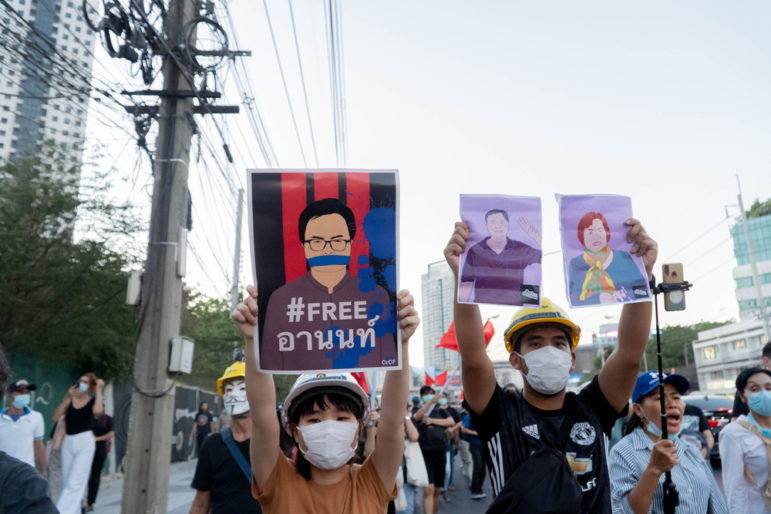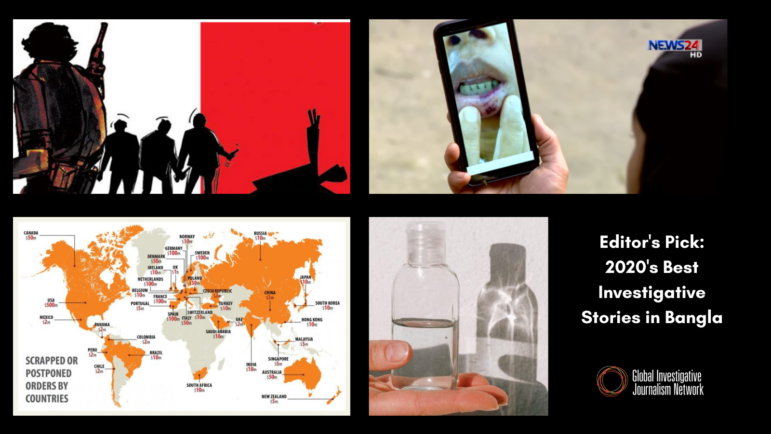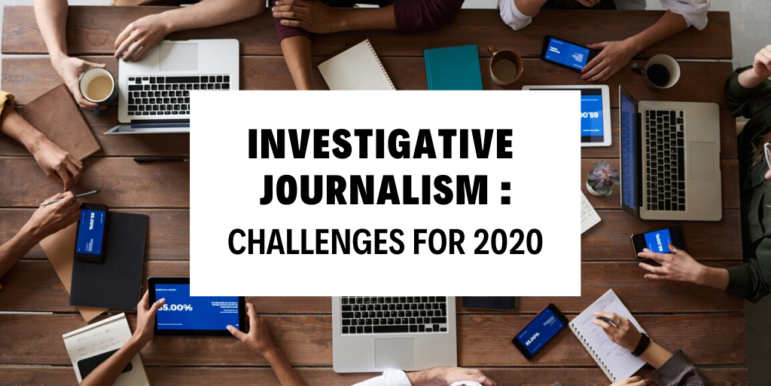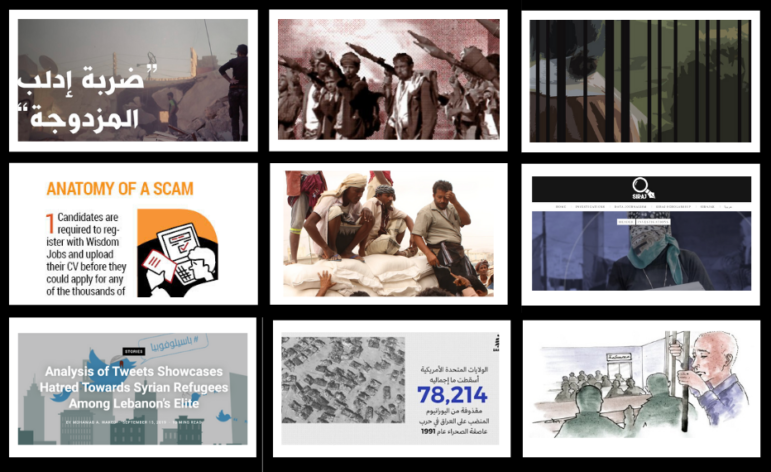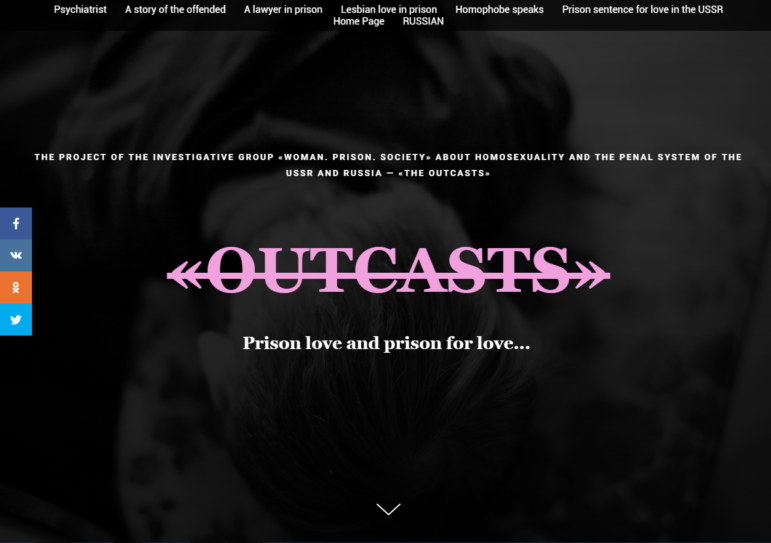
GIJN Webinar: Investigating the World Cup
In this GIJN webinar, we bring together two senior journalists and a writer with broad experience in digging into football’s questionable practices. They will offer tips and resources for investigating sports organizations, following the money on football, and where the stories will be on the World Cup and Qatar this year.



